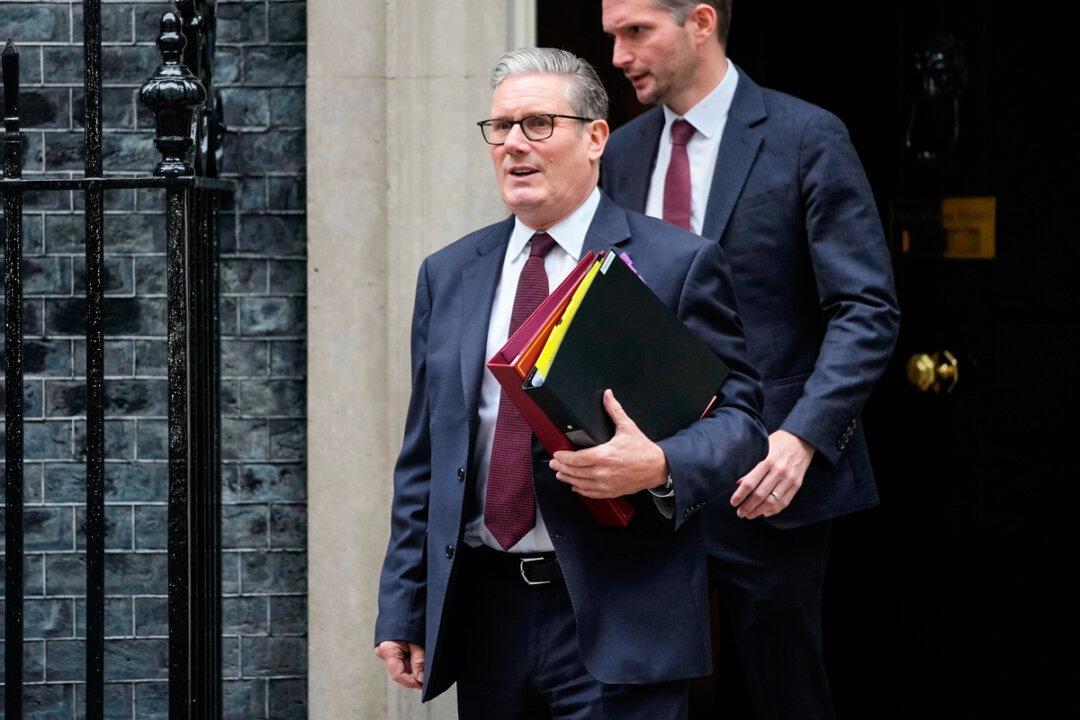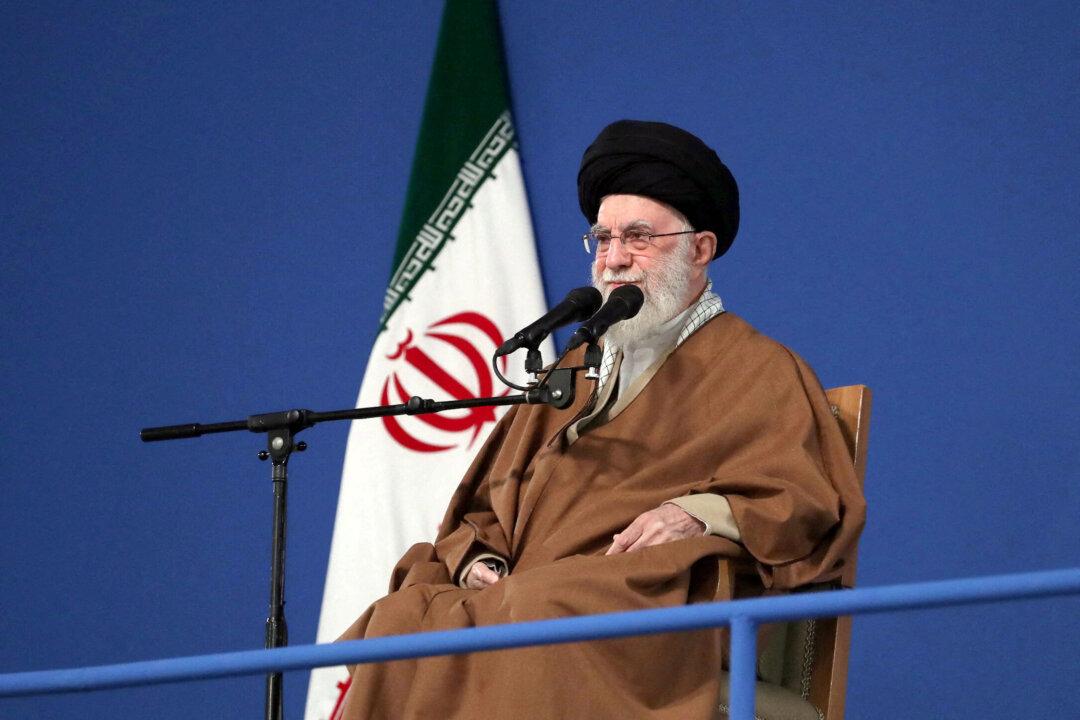The grooming gang scandal first gained national attention in Britain in the early 2010s, after revelations that gangs of men, mostly of Pakistani heritage, had targeted vulnerable girls—grooming and raping them—since at least the early 1990s.
Over the weekend, Starmer said he would accept a recommendation from an independent reviewer for a judge-led inquiry into the scandal, with the power to summon witnesses.
Speaking to reporters traveling with him to Canada for the G7 summit in Kananaskis, Canada, he said he had asked Baroness Louise Casey, an expert on victims’ rights and social welfare, to review previous findings of investigations into the issue.
That review has been submitted to the government. Findings are set to be made public on June 16.
“Her position when she started the audit was that there was not a real need for a national inquiry over and above what was going on,“ Starmer said. “She has looked at the material she has looked at, and she has come to the view that there should be a national inquiry on the basis of what she has seen. I have read every single word of her report, and I am going to accept her recommendation.”
When asked when the inquiry would start, Starmer said it would be implemented under the Inquiries Act, which will take “a bit of time to sort out” and would be done in “an orderly way,” he said.
On June 15, the British government said the UK National Crime Agency would be asked to find more people who have escaped prosecution, building on the work of the police, who have reopened more than 800 historical cases.
“The vulnerable young girls, who suffered unimaginable abuse at the hands of groups of adult men, have now grown into brave women who are rightly demanding justice,” Home Secretary Yvette Cooper said. “Not enough people listened to them then. That was wrong and unforgivable. We are changing that now.”
Recommendations included that agencies “should acknowledge the suspected model of localised grooming of young white girls by men of Pakistani heritage, instead of being inhibited by the fear of affecting community relations,” and that “people must be able to raise concerns without fear of being labelled racist.”
In January, tech billionaire Elon Musk highlighted the issue on social media platform X. He has repeatedly criticized British politicians, including Starmer, over the issue.







